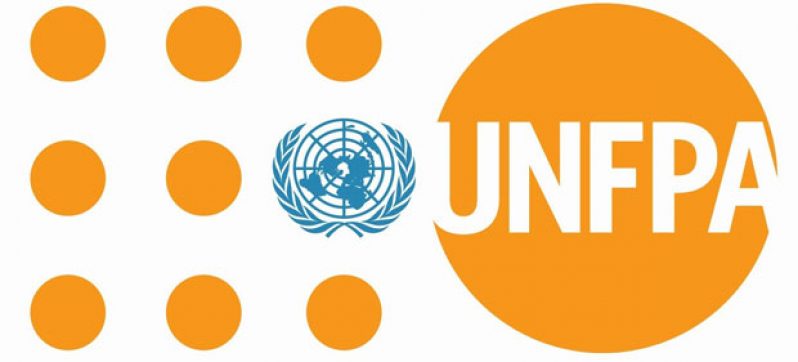– Jamaica tackles teenage pregnancy problem head-on
LAST week the UNFPA (United Nations Population Fund) released its annual report entitled “The State of World Population Report,” and the focus is adolescent motherhood.
The report features success stories of teenage mothers from all over the world who overcame what they thought was a roadblock in their lives.
Teenage pregnancy is not a new problem and it is also not limited to Guyana. It is a worldwide problem that affects almost all countries. Some countries have responded to the problem better than others, to the point that they have significantly reduced the number of pregnancies.
Jamaica as a model
One country that has tackled the problem head-on and considerably brought down the number of pregnancies is Jamaica. The Jamaica Women’s Centre Foundation has an Adolescent Mothers Programme that is held up by UNFPA as a model that other countries can learn from.
The programme which started in 1978 has been offering continuing education, counselling and practical skills training for mothers under age-17. After their babies are born, girls are allowed to pursue their education at the nearest Women’s Centre for at least one semester, before they return to the formal school system.
The Ministry of Education has changed its policy to make this possible but previously girls who became pregnant were routinely kept out of school.
The Foundation operates seven main centres and nine outreach stations across Jamaica, and provides continuing education to 1,402 adolescent mothers in the 2011-2012 school year, more than half of whom successfully returned to the formal school system.
‘Baby fathers’ counselling
The Centre also offers a range of other services such as daycare facilities and walk-in counselling for women and men of all ages. This includes counselling for ‘baby fathers’, their parents and the parents of teen mothers.
The interventions spearheaded by the Women’s Centre Foundation and other NGOs have slashed Jamaica’s adolescent pregnancy rate from a high of 31 per cent in 1978 to just 18 per cent in 2008.
Emphasis on education
Other countries, including Guyana, can certainly replicate the results achieved by Jamaica. All the speakers at the UNFPA launch stressed the importance of education to reduce teenage pregnancy. And we can see from the Jamaican model that they too placed a lot of emphasis on education, as Health Minister Dr. Bheri Ramsarran said, an educated mother is a better mother.
Women Across Differences
There is already an NGO in Guyana called Women Across Differences, which is doing stellar work to prevent teenage pregnancies and to support adolescent mothers so that they can overcome the challenges they face. The next step, as Dr. Ramsarran rightly said, is for the work of this organisation to be replicated all across the country.
The ministries of Health and Education also need to work together, more closely, to see how they can introduce a reproductive education curriculum in schools. The issue also needs to be raised at the PTA level, because there are parents who may be resistant to the idea of their children being exposed to the topic of sex, because of their religious beliefs or because they are just uncomfortable with talking about the topic.
Dr. Ramsarran has already stated that they are ready to work more closely with the education ministry in this regard.
There is also a need to look at policies that may block girls who become pregnant from resuming their education. And if there are such policies they should be amended. Something needs to be done if Guyana is to realise the Millennium Development Goals (MDG) it set.
Developmental problem
The Minister of Health, speaking at the launch, correctly described teenage pregnancy as a developmental problem first, because it stunts the development of the mother by limiting her opportunities. It also jeopardizes the future of the children of that mother.
However it is also a health problem, and an economic problem, because it not only leads to more health problems, but going to the hospital and being given medicine costs money. It creates unnecessary expenditure of billions of dollars per year, which the state could have saved and used for other development projects. It also takes away time and care that could have been given to someone else, who has a real disease.
Jamaica, a fellow CARICOM country, has shown us that teenage pregnancy can be tackled and dealt with successfully. So there’s no reason why we can’t do it too.
(By Jimmy Roos)



.jpg)








